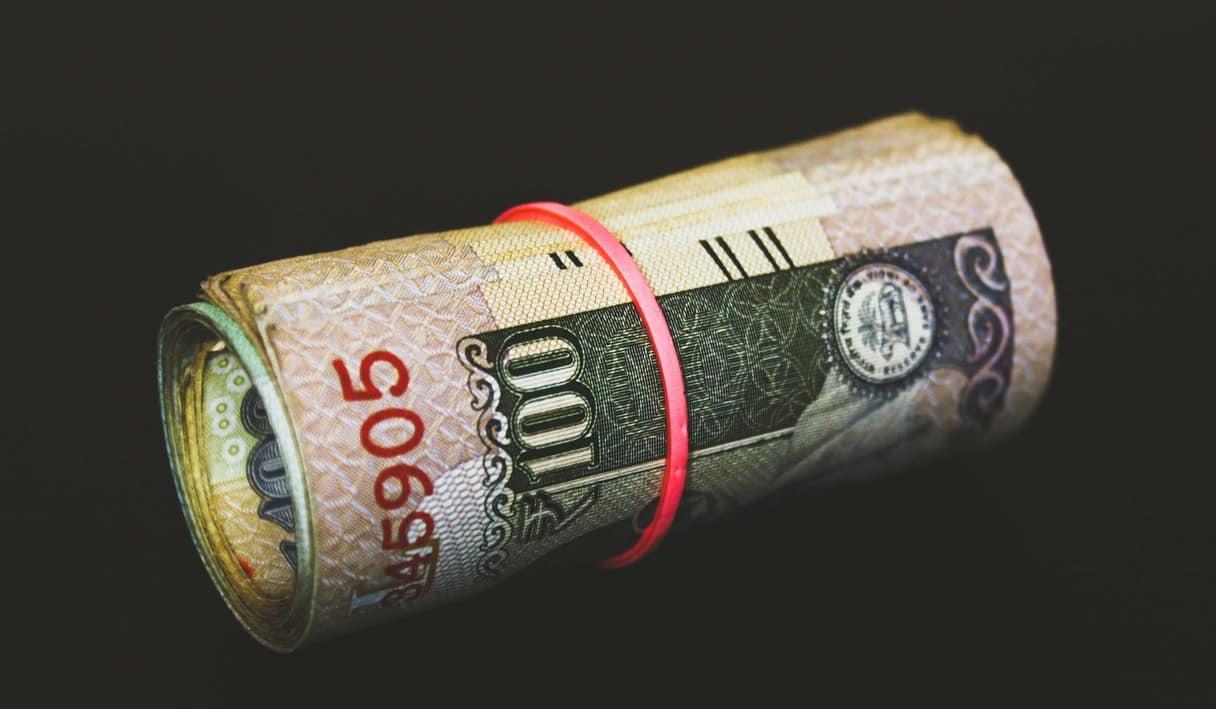While announcing the Union budget 2022-23, Finance Minister Nirmala Sitharaman announced that India will soon launch its own central bank digital currency (CBDC). This is undoubtedly seen as a positive move and an implicit acceptance of blockchain technology and its useability in finance.
Sumit Gupta, co-founder and chief executive of CoinDCX, told the BBC that the FM’s announcement gave “legitimacy to virtual digital assets”.
Once the proposal gets a go-ahead from the Cabinet, the government would tell the RBI to work on the launch.
It is vital to understand the key differences between the two forms of digital currencies. Although both cryptocurrencies and CBDCs use blockchain technology but they are different in more ways than one.
Among several distinctions, one key difference lies in the fact that RBI’s digital currency will be linked to its fiat currency – Indian rupee and will be valued at the same price. So, it appears that the investors and traders will have little incentive to choose the CBDC over Indian rupee via scores of digital alternatives such as UPI and net banking.
“Digital currencies (CBDCs) are not cryptocurrencies but are an electronic form of currency issued by the government, whereas cryptocurrencies are a store of value protected by encryption. Digital currencies are digital forms of fiat money that can be used for contactless transactions between parties,” says Vikas Ahuja, CEO of CrossTower India, crypto and digital asset exchange.
When it comes to regulation – the CBDC will be regulated by the Reserve Bank of India which regulates the liquid cash and digital currency markets in India. “Cryptocurrencies are decentralised and not regulated by a central authority. All crypto transactions are, however, recorded in a decentralised ledger, which everyone can access,” adds Mr Ahuja.
Despite these stark differences, crypto currency experts are enthusiastic about the digital rupee. While giving a thumbs up the forthcoming RBI’s CBDC, Mr Ahuja opines, “This will also provide a big boost to the digital economy in India. This is the first step towards embracing the crypto and blockchain industries in India, we believe this is a positive move. Furthermore, it will help streamline currency management and make the system cheaper, accessible and more efficient.”
CBDCs by other central banks
Incidentally, India is not the only country to have announced its own digital currency. Its Asian neighbour China has been experimenting with the digital yuan for some time. It started with a pilot run in a number of cities and it was used in over $8 billion worth of transactions during the second half of 2021. Early this year, country’s central bank — People’s Bank of China (PBoC) — made the digital wallets for yuan available on Android and iOS in China.
Besides China, the Bank of England is also exploring a potential central bank digital currency in the UK. According to Atlantic Council, nearly 90 countries are exploring the feasibility of CBDC.
Despite the central banks' penchant for rolling out their own digital currencies, cryptocurrencies are considered imperative to preserve an independent and private form of digital money and to ensure a healthy competition between the two forms of blockchain-driven currencies.
